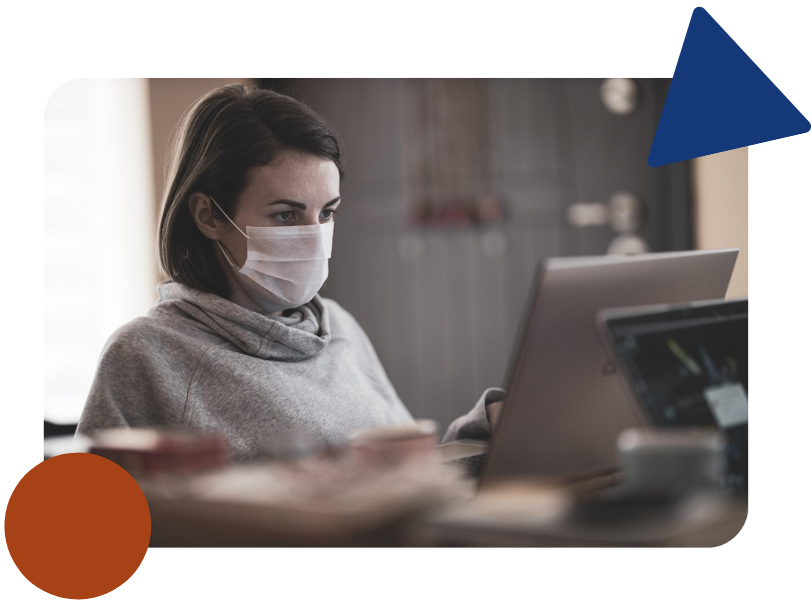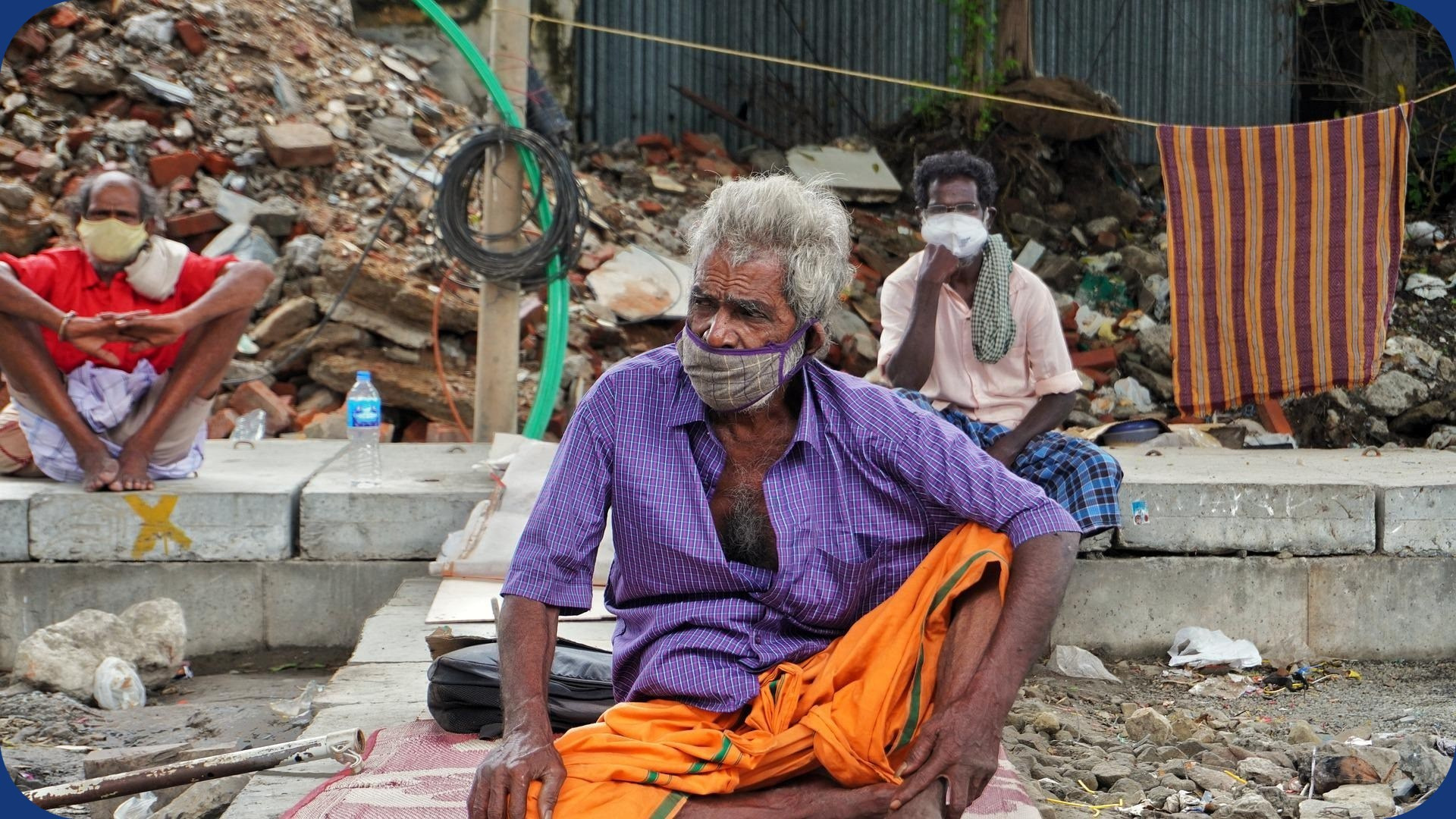Four billion conversations about
public health
At CLEAR Global, we help people get accurate and reliable health information, whatever language they speak.
The problem: disinformation and misinformation threaten public health
- Disinformation and misinformation worsen disease outbreaks, making them more difficult to treat and contain.
- Mistrust caused by rumors prevents many from getting professional treatment. Such was the case with COVID-19 vaccine hesitancy in 15 African countries, the Americas, Europe, and the Ebola outbreaks in North Africa.
- Language barriers can be a major cause of disinformation. Comprehension of health information decreases by 78% when it is not provided in someone’s native language.

CLEAR Global’s solution
CLEAR Global provides lifesaving information during health crises to help better manage disease outbreaks and deliver verified information.
We do research to understand people’s information and communication needs. Then we develop communication channels that let people access and share information in their language. We also collaborate with verified, trusted responders to distribute health information in tried-and-tested multilingual formats.

In Kenya, we identified communication gaps affecting the Ebola response. Only 1 in 5 people understood English well – people needed information in Swahili. This helped prioritize translations into Swahili to guarantee better information access and fight misinformation across the country.
In Nigeria, we built Shehu, a multilingual conversational chatbot designed to communicate verified COVID-19 and Ebola information in Hausa, Kanuri, and English. Within six months of its launch, Shehu has exchanged over 80,000 messages with more than 5,750 users, earning a 90.1% trust rate.
In Bangladesh, we developed Rohingya language guidelines, so healthcare aid workers could better communicate with people. Our resources help spread accurate information and gain people’s trust in the system, so they feel comfortable seeking health support and treatment.
CLEAR Global needs your help to
prepare and respond to global health challenges.